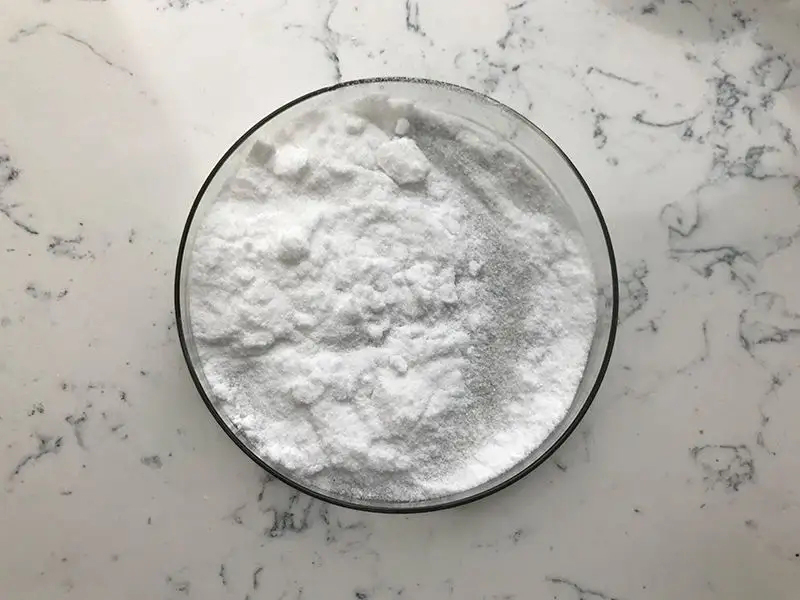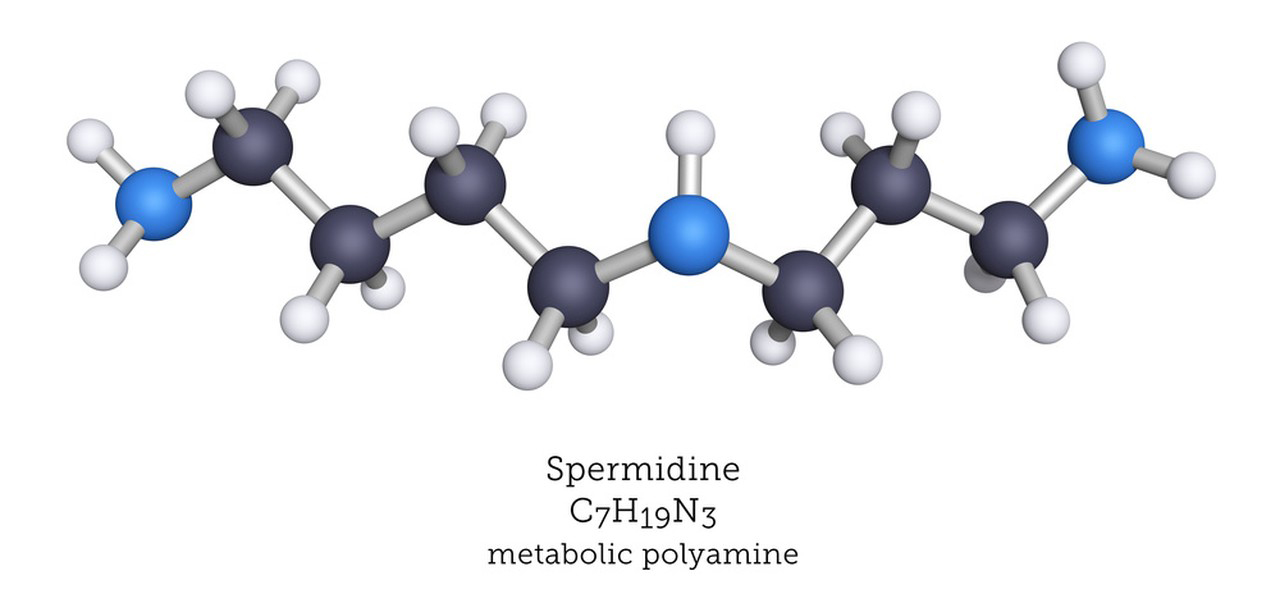Spermidine is a polyamine compound found in cells that plays various roles in biological processes. While it is involved in essential cellular functions, its application has been explored in several areas:
Applications of Spermidine
1.Cellular Health:
Autophagy: Spermidine has been linked to the induction of autophagy, a cellular process that removes damaged or malfunctioning components. This is thought to contribute to cellular health and longevity.
2.Anti-aging:
Some studies suggest that spermidine may have anti-aging effects, possibly due to its role in promoting autophagy and cellular renewal.
3.Cardiovascular Health:
Research indicates that spermidine may have cardiovascular benefits, including reducing blood pressure and improving overall heart health.
4.Neuroprotection:
Spermidine has been investigated for its potential neuroprotective effects, with studies suggesting it may help protect against neurodegenerative diseases.

5.Antioxidant Properties:
Spermidine has antioxidant properties, which means it can help neutralize harmful free radicals in the body.
6.Hair and Skin Health:
Some studies have explored spermidine’s potential benefits for hair and skin health. It may be involved in promoting hair growth and improving skin elasticity.
7.Cancer Research:
Research is ongoing to understand spermidine’s role in cancer, as it may have both protective and promotive effects depending on the context.
8.Immune System Modulation:
Spermidine has been studied for its immunomodulatory effects, suggesting it may play a role in regulating the immune system.
It’s important to note that while there is promising research on spermidine, more studies are needed to fully understand its mechanisms and potential applications. Additionally, individual responses to spermidine can vary, and it’s advisable to consult with a healthcare professional before considering its supplementation, especially for therapeutic purposes.
Potential Benefits of Spermidine
Spermidine is a polyamine compound found in cells, and it has been studied for its potential health benefits. Some of the reported benefits of spermidine include:
Autophagy Promotion: Spermidine has been linked to the stimulation of autophagy, a cellular process that removes damaged or dysfunctional components. This may contribute to cellular rejuvenation and potentially reduce the risk of age-related diseases.
Cardioprotective Effects: Research suggests that spermidine may have protective effects on the cardiovascular system. It has been associated with lower blood pressure, improved heart function, and a reduced risk of heart-related issues.

Neuroprotective Properties: Some studies indicate that spermidine may have neuroprotective effects, potentially reducing the risk of neurodegenerative diseases such as Alzheimer’s and Parkinson’s. It may also promote cognitive function.
Anti-Inflammatory Effects: Spermidine has been shown to possess anti-inflammatory properties, which could be beneficial in managing inflammatory conditions and promoting overall health.
Anti-Cancer Potential: There is emerging research suggesting that spermidine might have anti-cancer properties. It may inhibit the growth of cancer cells and induce apoptosis (programmed cell death).
Longevity: Studies in various organisms, including yeast, worms, and flies, have indicated that spermidine supplementation could extend lifespan. However, more research is needed to confirm these effects in humans.
Metabolic Health: Spermidine may play a role in metabolic health by influencing insulin sensitivity and glucose metabolism. This could be beneficial in managing conditions like diabetes.
It’s important to note that while these potential benefits are intriguing, research on spermidine is still in its early stages, and more clinical studies are needed to fully understand its mechanisms and effectiveness in humans. As with any supplement or health-related consideration, it’s advisable to consult with a healthcare professional before incorporating spermidine into one’s routine.
